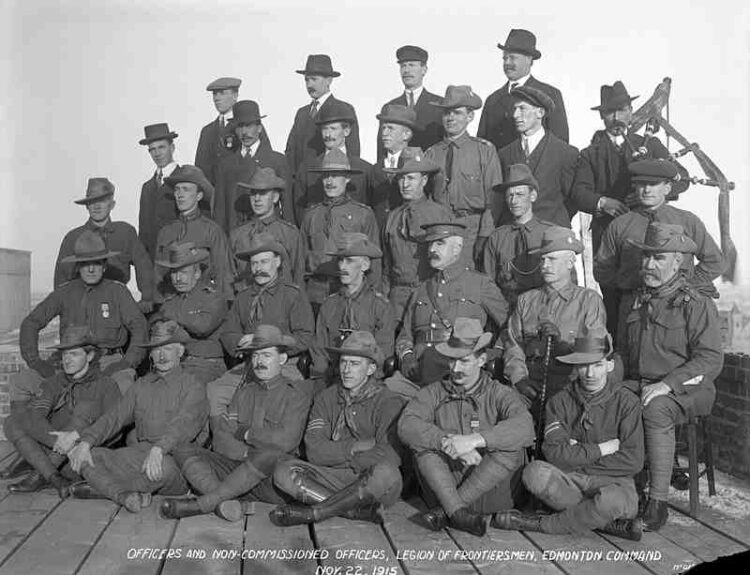A politically motivated attack on the Slovak Prime Minister highlights the growing polarization in European politics
- Slovak Prime Minister Robert Fico was shot in a politically motivated ‘lone wolf’ attack
- The assassination attempt highlights the growing polarization in European politics
- Populist politicians are exploiting rifts in society caused by the Ukraine war and migration
- Similar polarization and violence is occurring in other European countries
- The attack on Fico has alarmed politicians and analysts in Slovakia
- The suspect in the shooting had antigovernment views and attended opposition rallies
- The polarization in European politics is a reversal from earlier decades of political consensus
- The migration crisis of 2015 and ISIS attacks contributed to the rise of hard-right forces
- A divisive political environment can trigger individual acts of violence
The recent assassination attempt on Slovak Prime Minister Robert Fico has shed light on the increasing polarization in European politics. The attack, carried out by a 71-year-old man, was politically motivated and is seen as a ‘lone wolf’ incident. This incident reflects the growing divide between populist politicians and their critics, which has been exacerbated by the ongoing war in Ukraine. Fico, who returned to power last year after exploiting societal rifts caused by the Ukraine war and migration, has taken an anti-EU and pro-Russian stance. His approach is part of a broader trend among nationalist and populist-minded politicians across Europe who seek to capitalize on the continent’s long-standing crises, including the financial crisis, migration crisis, and the Ukraine war. The attack on Fico has sparked outrage and condemnation from around the world, highlighting the intense political climate ahead of upcoming elections. Right-wing parties are expected to gain ground in the European parliamentary elections, and Hungarian Prime Minister Viktor Orban is mobilizing his base by portraying his opponents as servants of the US and the EU. Similar divisions and violence have been observed in other European countries, such as Germany, where a socialist candidate was recently assaulted. The situation in Slovakia has raised concerns among politicians and analysts, with outgoing Slovak President Zuzana Caputova receiving death threats and filing a lawsuit against Fico for public bullying. The opposition has also escalated their rhetoric, leading to an unprecedented level of hostility in the country. The suspect in the assassination attempt had antigovernment views and attended opposition rallies, opposing Fico’s policies on Ukraine and corruption. The growing polarization in European politics marks a reversal from earlier decades when countries joining the EU forged a political consensus around liberal, free-market politics. However, the migration crisis of 2015 and ISIS attacks created divisions among European capitals and within certain countries, giving rise to hard-right forces. While the recent assassination attempt on Fico is a rare occurrence, it serves as a reminder that a divisive political environment can lead to individual acts of violence.
Factuality Level: 2
Factuality Justification: The article contains a mix of relevant information about the assassination attempt on the Slovak Prime Minister and the broader political context in Europe. However, it includes a significant amount of sensationalism, exaggeration, and biased language, especially in portraying the political landscape and the motives behind the attack. The article also includes tangential details and unnecessary background information that detract from the main topic.
Noise Level: 2
Noise Justification: The article provides a detailed analysis of the political landscape in Slovakia and Europe, highlighting the growing polarization and its implications. It discusses the background of the assassination attempt on the Slovak Prime Minister, the political motivations behind it, and the broader trends in European politics. The article includes quotes from experts and politicians, as well as historical context to support its claims. Overall, it stays on topic, provides evidence, and offers insights into the current political climate.
Key People:
Financial Relevance: No
Financial Markets Impacted: No
Financial Rating Justification: This article does not pertain to financial topics and does not discuss any events that impact financial markets or companies.
Presence Of Extreme Event: Yes
Nature Of Extreme Event: Political Crisis
Impact Rating Of The Extreme Event: Moderate
Extreme Rating Justification: The article discusses the assassination attempt on the Slovak Prime Minister, which is a significant political crisis. Although the Prime Minister is in a stable but serious condition, the event has caused outrage and condemnation from around the world. The growing polarization in European politics and the increasing intensity of attacks on politicians are concerning. However, the impact is not rated as severe or catastrophic because the Prime Minister’s condition is stable and there is no mention of deaths or injuries in the article.
 www.wsj.com
www.wsj.com 





